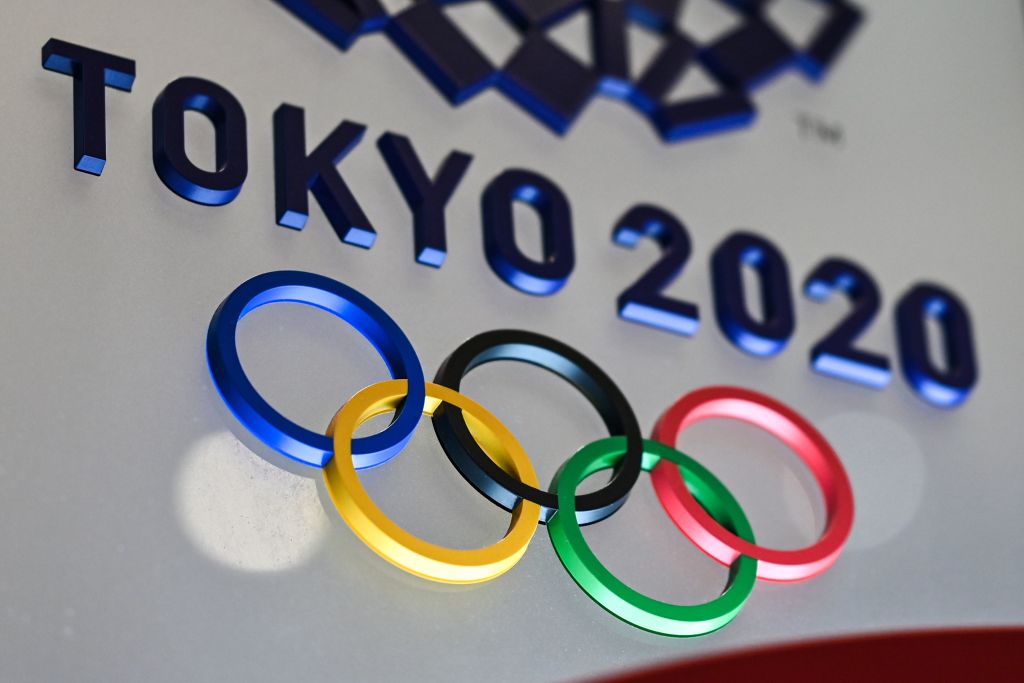Canceled Olympics tickets may end up costing foreign spectators big


A free daily email with the biggest news stories of the day – and the best features from TheWeek.com
You are now subscribed
Your newsletter sign-up was successful
Foreign spectators will get money back on their canceled Tokyo Olympics tickets, but whether they'll be reimbursed for the full price they paid remains to be seen, The Wall Street Journal reports.
The Tokyo organizers remain in a standoff with authorized third-party ticket resellers over who should bear the costs of service fees — extra charges on ticket purchases to account for things like currency conversion and credit card fees — paid by foreign spectators who are now barred from attending the Games because of COVID-19 restrictions. The resellers want the organizers to repay the full amount, while the organizers say they'll only refund the face value of the tickets.
Alan Dizdarevic, the CEO of U.S. reseller CoSport, which added a 20 percent service fee, said "there's nothing to give back of the 20 percent, because it's all been spent. There was no profit."
The Week
Escape your echo chamber. Get the facts behind the news, plus analysis from multiple perspectives.

Sign up for The Week's Free Newsletters
From our morning news briefing to a weekly Good News Newsletter, get the best of The Week delivered directly to your inbox.
From our morning news briefing to a weekly Good News Newsletter, get the best of The Week delivered directly to your inbox.
So, as things stand, the purchasers will have to take a hit. For example, an American who spent $1,514 for a pair of tickets to swimming medal events, the face value-only refund was $1,397, a loss of $117, the Journal reports. On its own, that doesn't seem unreasonable for an individual who could afford those tickets in the first place, but when considering that 68,000 Americans (and around 600,000 foreigners total) purchased tickets to the Games, the aggregate consumer loss would be quite high if the hosts and the reseller can't come to some form of agreement.
It's also unclear what will happen to folks who booked hotels. So far, there's no indication Japanese officials are planning to intervene and insist hotels issue refunds for canceled stays, the Journal reports. Read more at The Wall Street Journal.
A free daily email with the biggest news stories of the day – and the best features from TheWeek.com
Tim is a staff writer at The Week and has contributed to Bedford and Bowery and The New York Transatlantic. He is a graduate of Occidental College and NYU's journalism school. Tim enjoys writing about baseball, Europe, and extinct megafauna. He lives in New York City.
-
 6 of the world’s most accessible destinations
6 of the world’s most accessible destinationsThe Week Recommends Experience all of Berlin, Singapore and Sydney
-
 How the FCC’s ‘equal time’ rule works
How the FCC’s ‘equal time’ rule worksIn the Spotlight The law is at the heart of the Colbert-CBS conflict
-
 What is the endgame in the DHS shutdown?
What is the endgame in the DHS shutdown?Today’s Big Question Democrats want to rein in ICE’s immigration crackdown
-
 TikTok secures deal to remain in US
TikTok secures deal to remain in USSpeed Read ByteDance will form a US version of the popular video-sharing platform
-
 Unemployment rate ticks up amid fall job losses
Unemployment rate ticks up amid fall job lossesSpeed Read Data released by the Commerce Department indicates ‘one of the weakest American labor markets in years’
-
 US mints final penny after 232-year run
US mints final penny after 232-year runSpeed Read Production of the one-cent coin has ended
-
 Warner Bros. explores sale amid Paramount bids
Warner Bros. explores sale amid Paramount bidsSpeed Read The media giant, home to HBO and DC Studios, has received interest from multiple buying parties
-
 Gold tops $4K per ounce, signaling financial unease
Gold tops $4K per ounce, signaling financial uneaseSpeed Read Investors are worried about President Donald Trump’s trade war
-
 Electronic Arts to go private in record $55B deal
Electronic Arts to go private in record $55B dealspeed read The video game giant is behind ‘The Sims’ and ‘Madden NFL’
-
 New York court tosses Trump's $500M fraud fine
New York court tosses Trump's $500M fraud fineSpeed Read A divided appeals court threw out a hefty penalty against President Trump for fraudulently inflating his wealth
-
 Trump said to seek government stake in Intel
Trump said to seek government stake in IntelSpeed Read The president and Intel CEO Lip-Bu Tan reportedly discussed the proposal at a recent meeting
